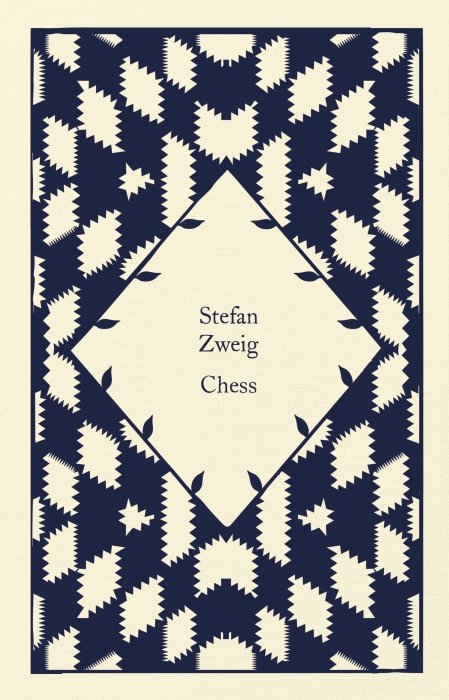Introducing Little Clothbound Classics: irresistible, mini editions of short stories, novellas and essays from the world's greatest writers, designed by the award-winning Coralie Bickford-Smith
Celebrating the range and diversity of Penguin Classics, they take us from snowy Japan to springtime Vienna, from haunted New England to a sun-drenched Mediterranean island, and from a game of chess on the ocean to a love story on the moon. Beautifully designed and printed, these collectible editions are bound in colourful, tactile cloth and stamped with foil.
A group of passengers on a cruise ship challenge the world chess champion to a match. At first, they crumble, until they are helped by whispered advice from a stranger in the crowd - a man who will risk everything to win. Stefan Zweig's acclaimed novella Chess is a disturbing, intensely dramatic depiction of obsession and the price of the past.



